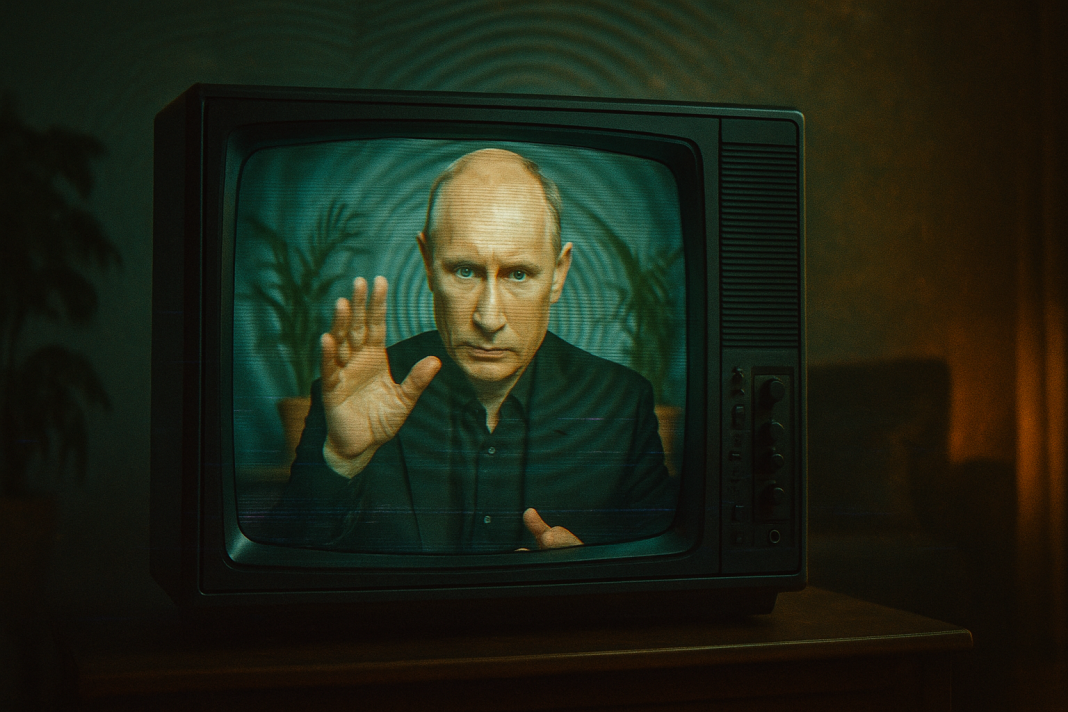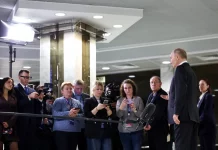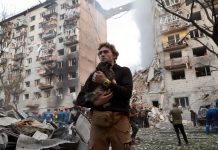More than three years after Russia’s full-scale invasion of Ukraine and more than eleven years into the war that Putin’s Russia has waged not only against Ukraine but also against international law and the global order, one might expect that Russian culture would be effectively eradicated from the public sphere in the law-abiding countries of the West. The grounds for such hope appeared as early as 2022, when performances by Russian artists were massively canceled and Russian representation in many sports was suspended. However, even then there were some signs that this process was not as straightforward as it might seem. Already in December 2022, at the opening of the season at the famous Italian La Scala, attended by European Commission President Ursula von der Leyen, Modest Mussorgsky’s opera Boris Godunov was staged. It is a deeply Russian opera, distinct from Italian and French models, and Russian in its subject matter as well, as it tells the story of the Time of Troubles, with the Polish nobility clearly portrayed as the collective villain.
This immediately raised questions about the extent to which Russian culture can be expelled from the West. Should this include only living Russian singers, musicians, other artists, and athletes, or everyone, including historical figures, composers of classical and romantic music? What about Vysotsky, what about Okudzhava, those who opposed Soviet rule? What about the Russians who said “no” to Putin, said “no” to the criminal invasion of Ukraine, cut themselves off from the criminal system, and left?
Of course, many of these questions are matters to be decided in one’s own conscience. However, the presence of Russian art and culture in the public sphere, especially in local and state institutions, is another matter. On February 22, 2024, a concert by Russian pianist Nikolai Khozyainov was to take place at the National Philharmonic in Warsaw. However, thanks to the efforts of journalists and NGOs, it was canceled. An additional aspect here was the date of the concert, which fell just two days before the anniversary of Russia’s invasion of Ukraine. The organizers defended themselves by saying that Khozyainov plays Chopin, after all. In this case, the strong reaction of civil society was effective.
On November 11, 2025, a concert is to be held in Warsaw that cannot be justified by Chopin – a concert by the Russian rock band Splin. The date also seems to be no coincidence – it is Polish Independence Day. The organization of the Russian band’s concert takes on an additional significance in light of the fact that in September, due to Russian drones over Poland, the Scottish band Mogwai canceled their concert at the same club where Splin is to perform.
Even earlier, at the turn of November and October, meetings are planned with Anatoly Kashpirovsky, who is well known to the slightly older generation. According to the organizers, this is the controversial healer’s first visit to Poland in 25 years. What is more, these meetings are to take place as part of the production of a documentary film about his life, created by TVN Warner Bros. Discovery on behalf of HBO Max.
However, Kashpirovsky’s visit to Poland is in question because at the beginning of October he was admitted to a Moscow hospital due to cancer. It is puzzling how the disease will affect the promotion of his alternative “treatment” methods, which were supposed to help with cancer as well.
Apart from Kaszpirowski, who is not very well known to most Poles born in the 1990s and later, at the beginning of October, information also appeared about a new bus connection from Warsaw to Kaliningrad, which will start on November 2. According to local news portals, it is intended to respond to “increased demand during the New Year holidays.”
All these seemingly minor elements are only symptoms of a larger problem. After a strong, at least declarative, cutting off and condemnation of Russia, we can observe a gradual re-familiarization with Russian culture, a normalization of Russia’s presence in the public sphere. Such trends are hardly surprising when a criminal like Vladimir Putin is welcomed with a red carpet by the US president in Alaska. German culture waited years for normalization after World War II. But the war in Ukraine is still going on, Russian criminals are still committing crimes and have not been held accountable. And until that happens, there should be no talk of normalization, of allowing Russians to participate in international competitions, of inviting any Kaszpirowskis and Splins, or of opening new bus routes. It is simply a matter of basic justice and decency towards a nation that has been attacked.
PMB





